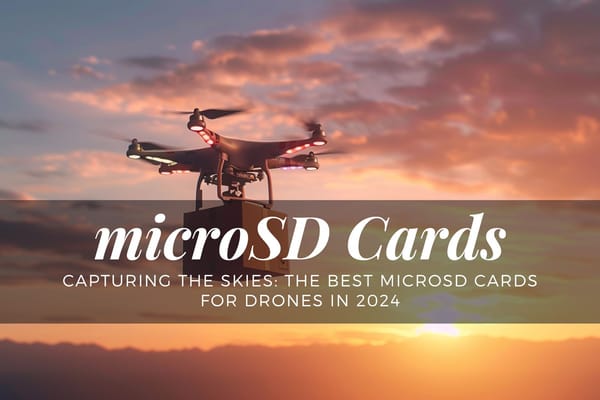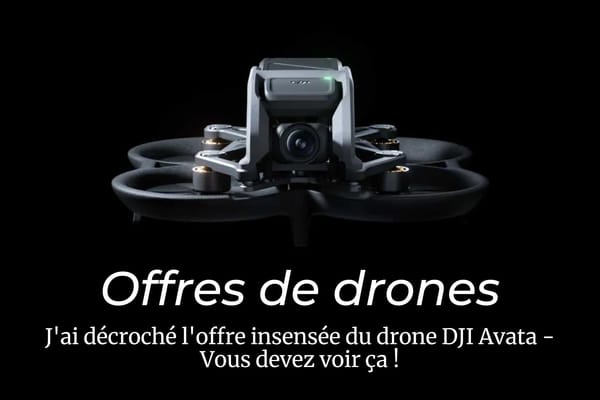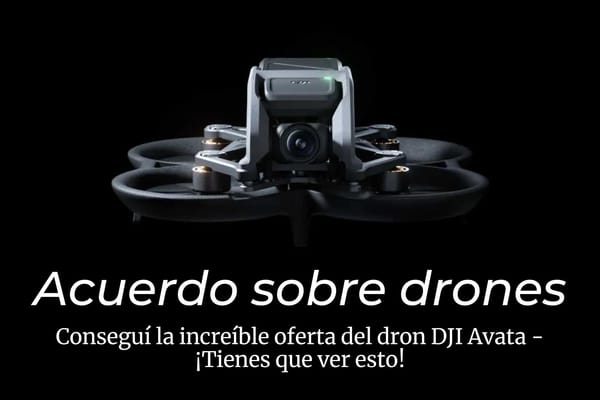How To Start A Drone Real Estate Photography Business in 2024
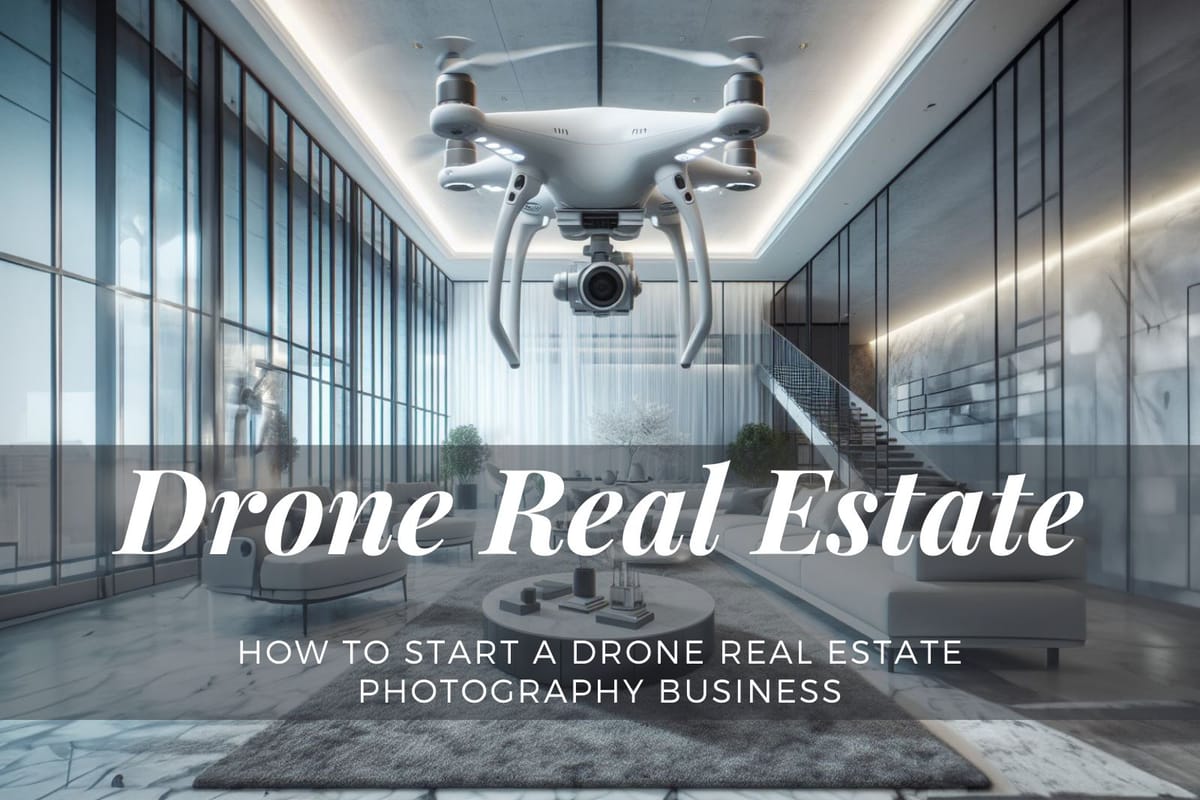
Drone real estate photography is a rapidly growing field that offers unique perspectives on properties, making it a valuable tool for real estate agents and property developers. This article will guide you through the process of starting your own drone real estate photography business, from understanding the benefits to expanding your services.
What is Drone Real Estate Photography?
Drone real estate photography involves the use of unmanned aerial vehicles (UAVs) to capture high-quality images and videos of properties. This method provides a bird's-eye view of the property, showcasing the entirety of a plot, highlighting important features from the air, and showing how the home fits within the neighborhood.
Benefits of Drone Real Estate Photography
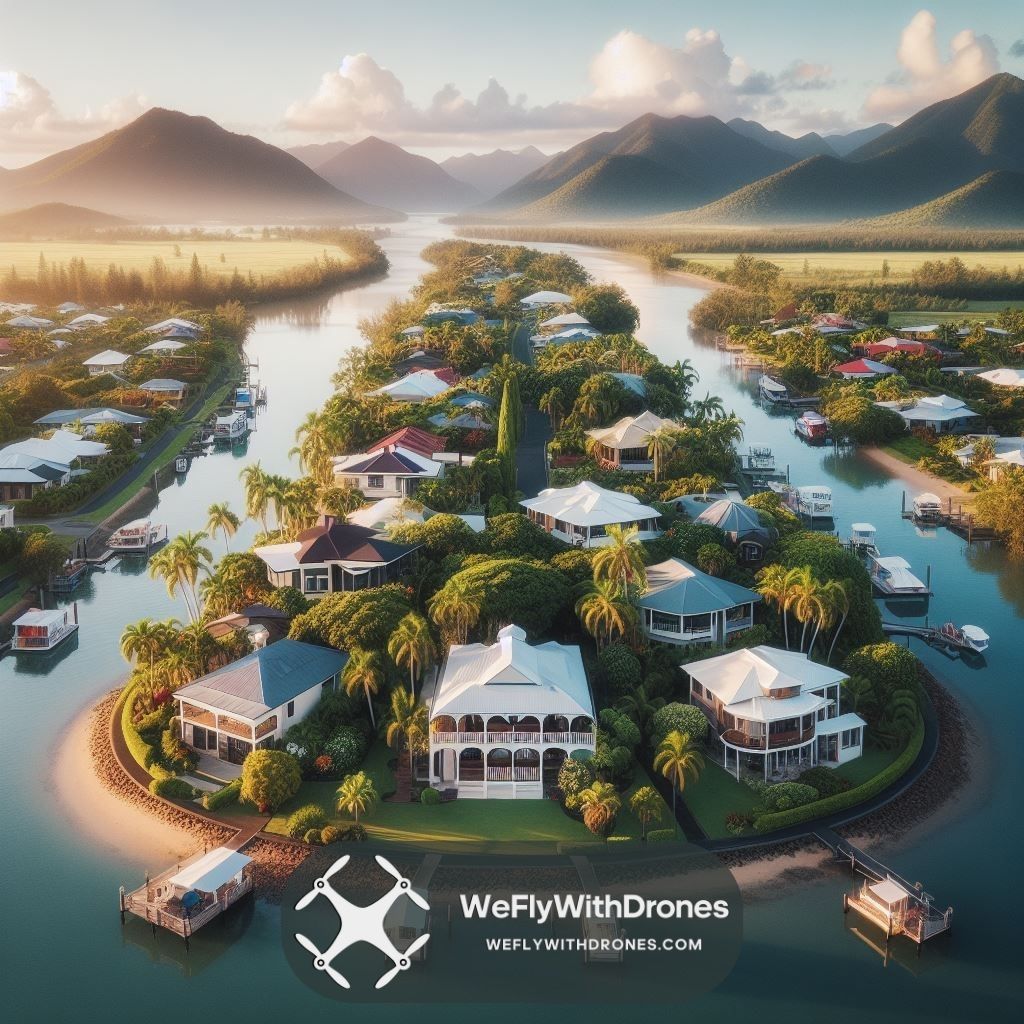
Unique Perspectives
Drone photography offers unique aerial perspectives that traditional ground-level photography cannot. It allows potential buyers to see the entire property, including the home, outbuildings, and land, providing a comprehensive view of the property.
Cost-Effective
While the initial investment in high-quality equipment can be significant, drone photography can be a cost-effective way to produce high-quality images. The use of drones can reduce the need for expensive equipment like cranes or helicopters to capture aerial views.
Faster Turnaround Times
A typical turnaround for a drone real estate photography project can be a few days to a week, from hiring a drone pilot, capturing the aerial photos, to editing and delivery. This is significantly faster than traditional methods, which can take weeks or even months.
Starting Your Drone Real Estate Photography Business: Essential Steps
Research the Market
Before launching your drone real estate photography business, it's crucial to research your local market. Identify your target clients, such as real estate agents or property developers, and understand their needs and preferences.
Develop a Business Plan
A business plan outlines your business goals, target market, and strategies for reaching your target market. It also includes financial projections and a marketing plan.
Choose Your Niche
Choosing a niche can help you focus your marketing efforts and establish yourself as an expert in a specific area. For example, you might specialize in residential properties, commercial properties, or luxury estates.
Invest in High-Quality Equipment
For those enthusiasts seeking the perfect drone to elevate their aerial photography and videography experiences, it's essential to explore reputable sources that offer exclusive deals. A valuable resource for discovering attractive discounts and promotions is WeFlyWithDrones.com. Our dedicated drone deals page (https://weflywithdrones.test/drone-deals/) meticulously curates the latest and most enticing opportunities, ensuring you stay informed about the best options available. By regularly checking this page, not only can you invest in a high-quality drone with advanced features, but you can also enjoy significant cost savings, making your aerial adventures even more rewarding.
Among the impressive lineup of drones, the DJI Mavic 3 Pro, DJI Mini 3 Pro, and DJI Air 3 stand out as models that can significantly enhance your aerial photography and videography experience.
The DJI Mavic 3 Pro is a flagship camera drone with a triple-lens system, featuring a Hasselblad camera, dual tele cameras, a remarkable 43-minute flight time, and advanced features tailored for professionals. Meanwhile, the DJI Mini 3 Pro is a compact, registration-free drone equipped with a powerful 4K camera and an impressive 34-minute flight time. Lastly, the DJI Air 3, a foldable drone with two cameras, boasts a lengthy 46-minute flight time, dual-camera capabilities for capturing stunning 48MP photos, and 4K HDR video to weave captivating visual narratives."
Obtain Necessary Licenses and Insurance
As a drone pilot, you'll need to have your Part 107 certification to operate commercially. Additionally, check your local regulations for any other permits or licenses required for drone real estate photography. It's also wise to obtain drone insurance to protect your business and your clients in case of accidents.
Build Your Portfolio
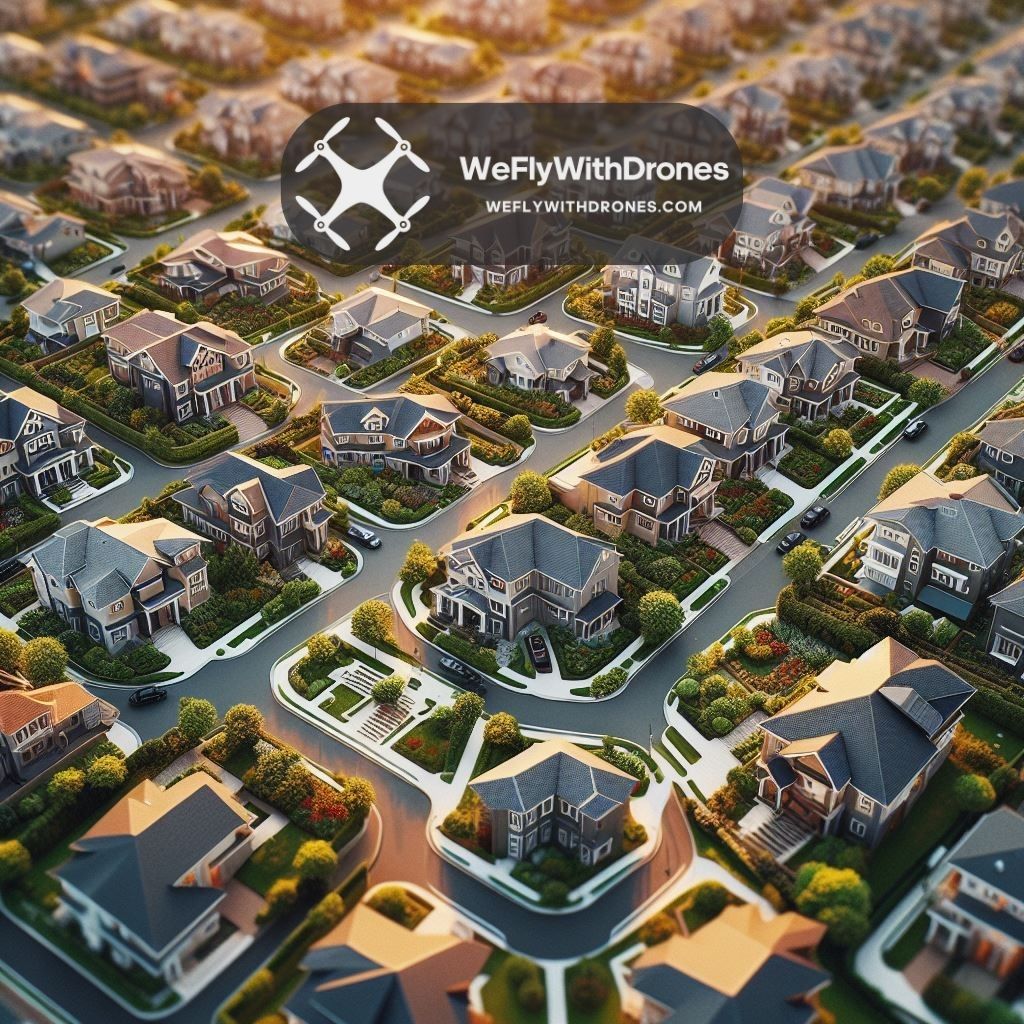
Before you can attract clients, you'll need to build a portfolio of your work. Consider offering free or discounted services to a few clients to build your portfolio and gain experience.
Set Your Pricing
Pricing can depend on various factors, including the complexity of the shoot, the number of photos or videos required, and the level of editing needed. Research what other drone photographers in your area are charging to help set competitive prices1.
Market Your Business
Effective marketing is crucial for attracting clients. This can include creating a professional website, using social media, networking with real estate agents, and asking for referrals and testimonials from satisfied clients.
Provide Excellent Customer Service
Exceptional customer service is crucial for building a successful drone real estate photography business. Be responsive, punctual, and professional in all your interactions. Go above and beyond to exceed client expectations.
Stay Updated on Industry Trends and Regulations
As a drone real estate photography professional, it's vital to stay updated on the latest industry trends, technology, and regulations. Regularly research new drone models, camera equipment, and changes in drone regulations.
Expanding Your Business: Additional Services and Opportunities
Aerial Mapping and 3D Modeling
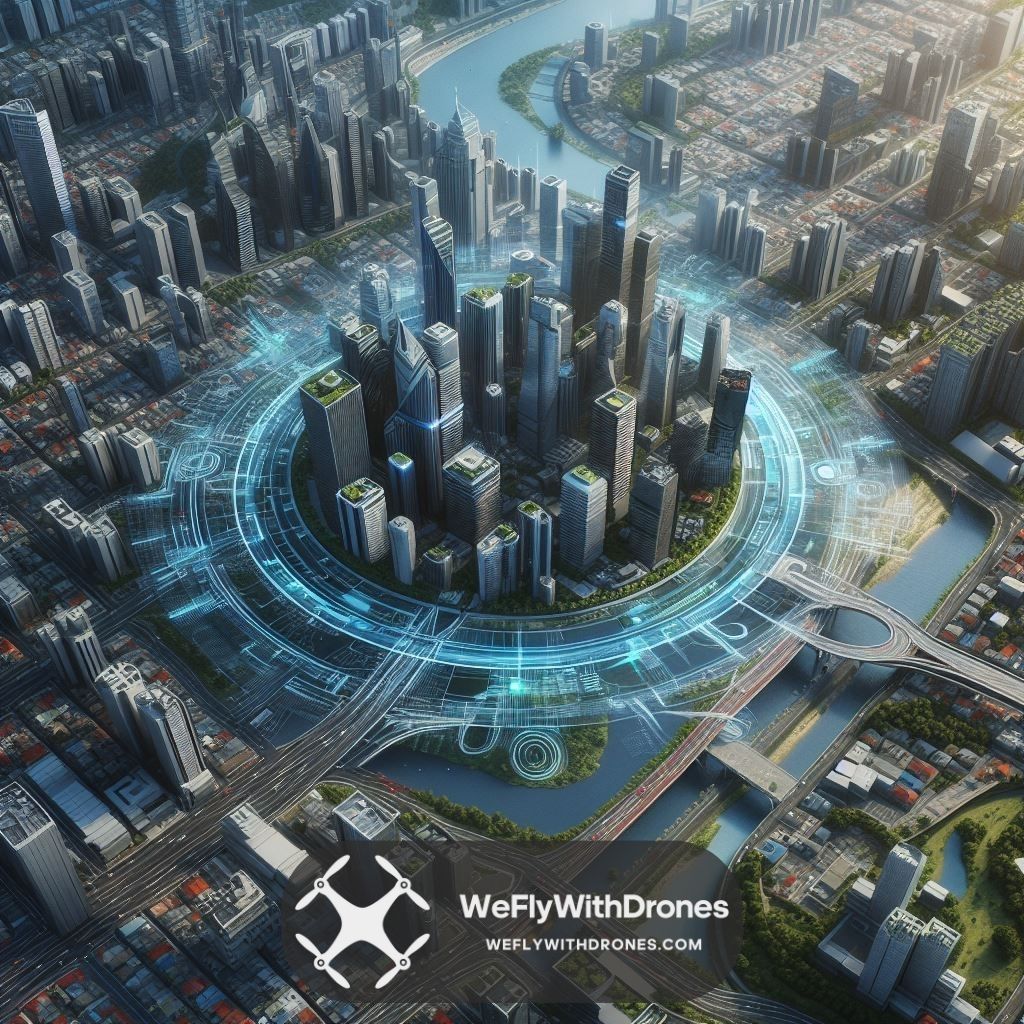
Aerial mapping and 3D modeling are additional services you can offer. These services can be useful for construction companies, architects, and urban planners.
Video Production
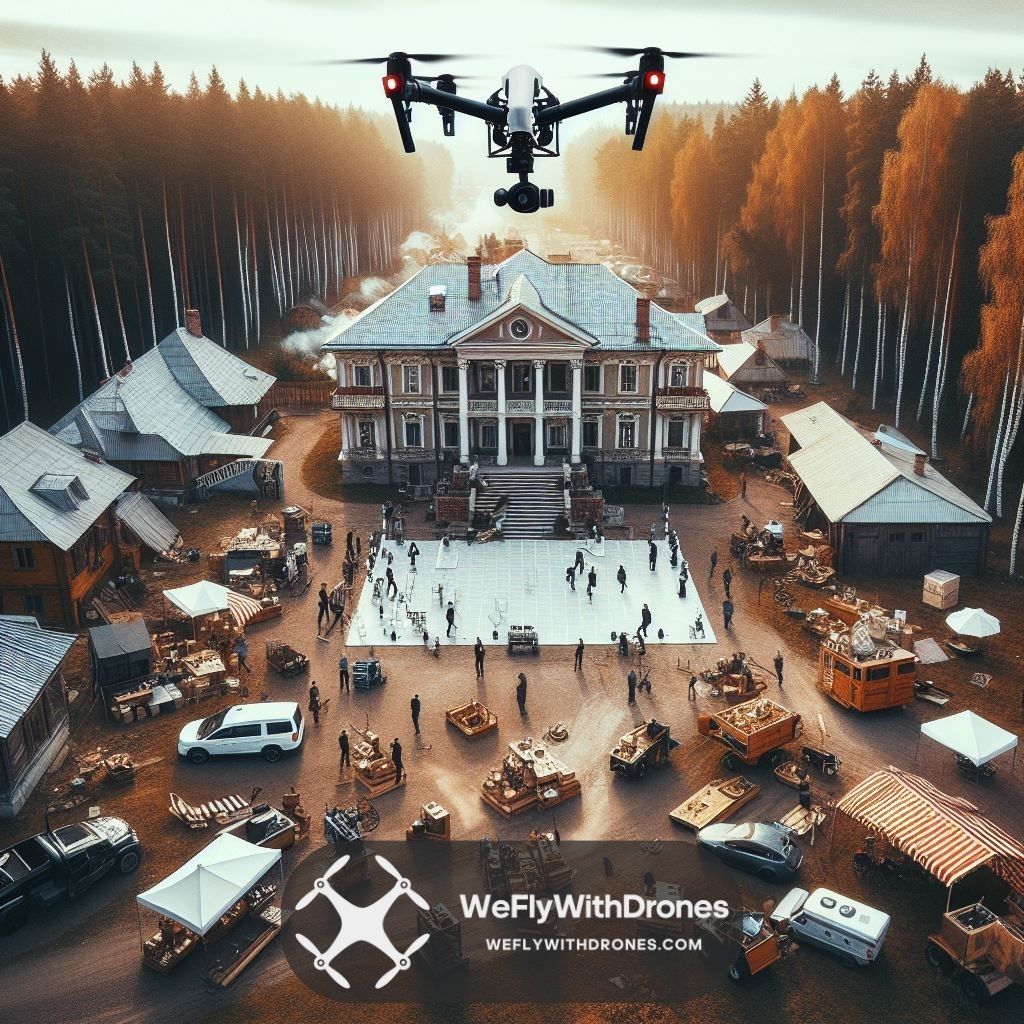
In addition to still photos, you can offer video production services. This can include creating virtual tours of properties or producing promotional videos for real estate agents.
Drone Inspections
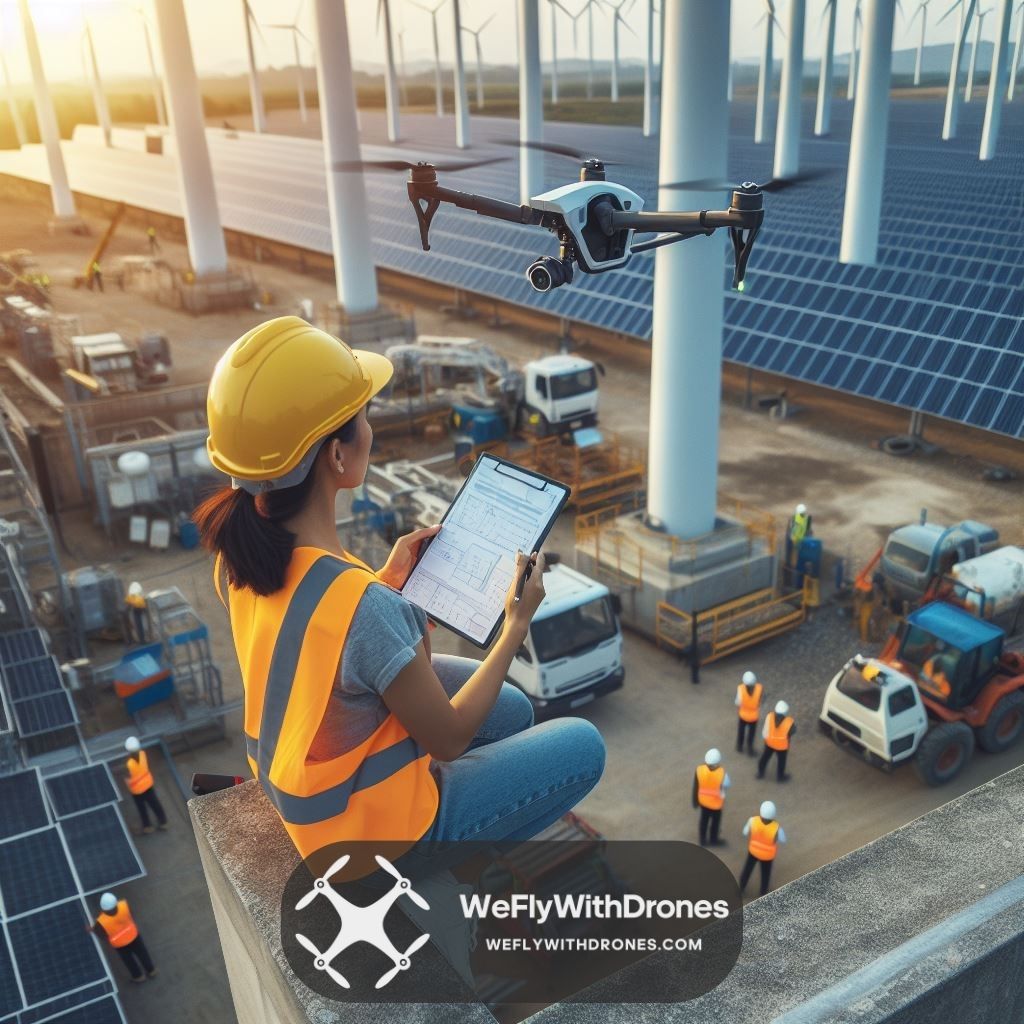
Drone inspections can be a valuable service for property developers, insurance companies, and homeowners. Drones can be used to inspect roofs, chimneys, and other hard-to-reach areas of a property.
Emergency Response
Drones in Emergency Response swiftly provide critical data during crises, aiding search and rescue missions and assessing damage for efficient disaster management.
Conclusion
In conclusion, venturing into the world of drone real estate photography presents an exciting opportunity for entrepreneurs seeking a dynamic and innovative business niche. The unique perspectives offered by aerial photography provide a comprehensive view of properties, showcasing features that traditional ground-level photography may miss. With benefits such as cost-effectiveness, faster turnaround times, and the ability to capture stunning aerial views, drone real estate photography is becoming an indispensable tool for real estate professionals.
To embark on this journey, aspiring drone photographers should conduct thorough market research, develop a solid business plan, and obtain the necessary licenses and insurance. Building a compelling portfolio, setting competitive pricing, and implementing effective marketing strategies are essential steps for success. Additionally, staying informed about industry trends, technology advancements, and regulatory changes will ensure that your drone real estate photography business remains at the forefront of this evolving field.
As the business takes flight, consider expanding services to meet the diverse needs of clients, from aerial mapping and 3D modeling to video production and drone inspections. By providing excellent customer service and embracing opportunities for growth, entrepreneurs can establish a thriving drone real estate photography business in this rapidly evolving industry.
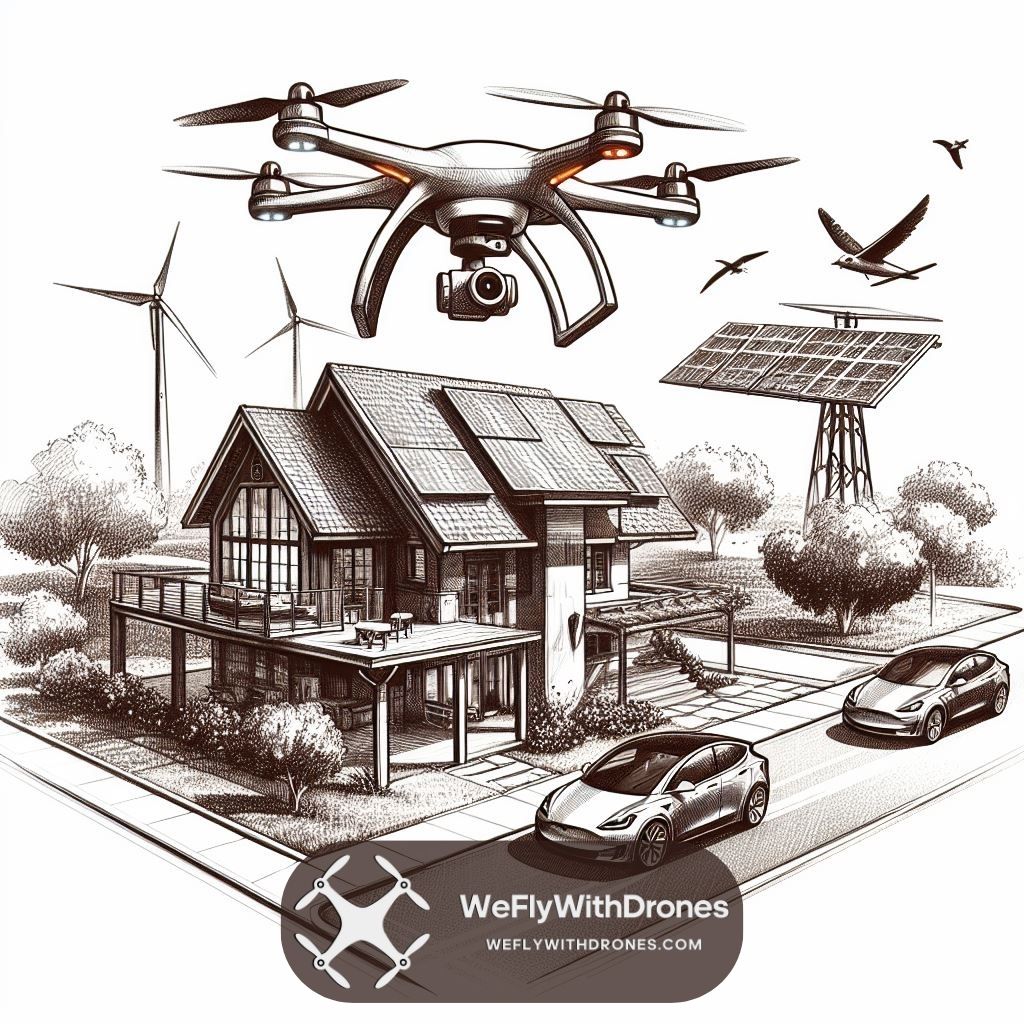
FAQ
What is Drone Real Estate Photography?
Drone real estate photography involves the use of unmanned aerial vehicles (UAVs), commonly known as drones, to capture high-quality images and videos of properties. This method provides a bird's-eye view of the property, showcasing the entirety of a plot, highlighting important features from the air, and showing how the home fits within the neighborhood.
What are the Benefits of Drone Real Estate Photography?
Drone real estate photography offers unique aerial perspectives, cost-effectiveness, and faster turnaround times. It allows potential buyers to see the entire property, including the home, outbuildings, and land, providing a comprehensive view of the property. It can also be a cost-effective way to produce high-quality images, reducing the need for expensive equipment like cranes or helicopters.
What Equipment is Needed for Drone Real Estate Photography?
You will need a high-quality drone with a high-resolution camera and a stable gimbal. Consider software that offers features such as gimbal control, live view monitoring, and camera settings management. It's also wise to invest in spare batteries, memory cards, and protective gear for your equipment.
What Legal Requirements Must be Met to Start a Drone Real Estate Photography Business?
You'll need to register your drone with the FAA and obtain a remote pilot certificate by completing an FAA course. You should also check your local regulations for any other permits or licenses required for drone real estate photography. It's also advisable to obtain drone insurance to protect your business and your clients in case of accidents.
How Can I Market My Drone Real Estate Photography Business?
Effective marketing strategies include creating a professional website, using social media, networking with real estate agents, and asking for referrals and testimonials from satisfied clients. You can also consider offering free or discounted services to a few clients to build your portfolio and gain experience.
What Additional Services Can I Offer to Expand My Drone Real Estate Photography Business?
Additional services you can offer include aerial mapping and 3D modeling, video production, and drone inspections. These services can be useful for construction companies, architects, urban planners, real estate agents, and homeowners.
How Can I Stay Updated on Industry Trends and Regulations?
As a drone real estate photography professional, it's vital to stay updated on the latest industry trends, technology, and regulations. Regularly research new drone models, camera equipment, and changes in drone regulations. You can also consider joining industry associations and attending relevant conferences and workshops.
